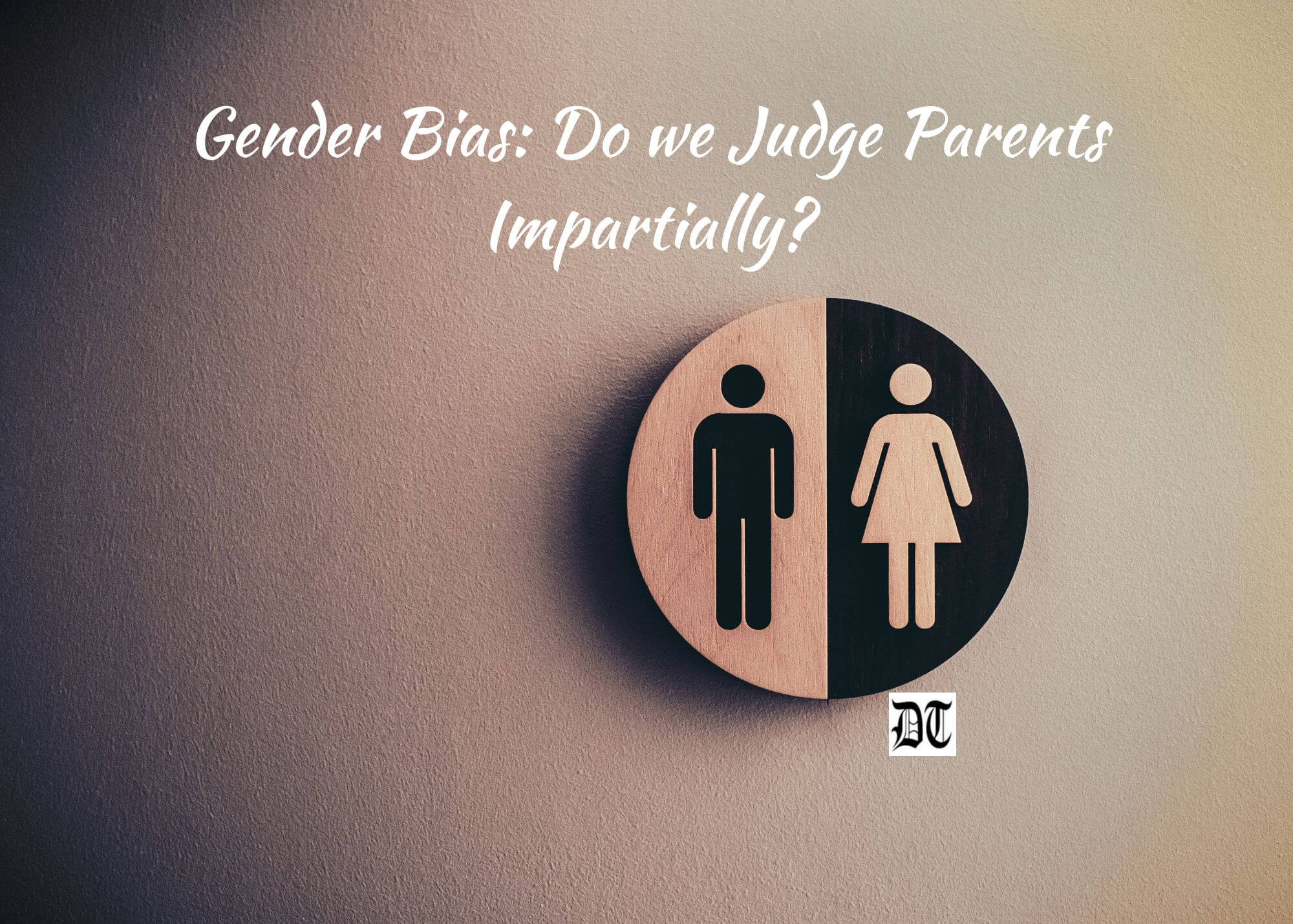Sudipta rues that gender discrimination is embedded in our social psyche. It begins from the homes where children discriminate between their parents – an exclusive for Different Truths.

We are living in a biased society. Here, we judge people according to their gender. We are constantly varying our perspectives based on their genders. We always accuse a person regarding their sexes. If a person belongs to the male sex, their follies and mistakes amicably change because of their gender. We minutely judge a female because of her gender. As a kid, we are brought up in such a stereotypical society. We are drilled in the same biased setup, where a father and mother can be forgiven or convicted because of their sexes.
A father is permitted to drink and even to adultery. Fathers might hurt their wives with sharp weapons, but nobody blames them. If a mother did the same thing, then the kids or the dogs on the streets are allowed to be harsh. They often are in denial of the heinous acts by the men.
Why are we prejudiced always toward our parents? Why not try to treat them equally? Why is this discrimination perpetrated from time immemorial? This is sheer folly!
When will our mindset towards crime and offence change?
When will our mindset towards crime and offence change? A vice – or virtue – should always be dealt with equally. Adultery is always a sin for either of the partners. Kids should treat a drunkard with equal treatment. The law of the land should deal with a parent involved in brutal acts.
Kids are seasoned with a preconception to elevate a father’s position and never judge them while always accusing their mother of the same blunders.
There is a saying, ‘Being a mother, a woman has to always think about her children first’. Why is such a thing not appropriate for a father?
A widower has the right to remarry, but not a widow.
A widower has the right to remarry, but not a widow. She has no rights. “What will people say?” is the concern. He may start a new life after the death of his spouse, but a widow with/without children is not allowed to do so. What type of intolerance is this?
Children should be encouraged by their families, especially the older adults, to understand their parents with a balanced vision to ensure equality in society.
Picture Design by Anumita Roy, Different Truths






 By
By

